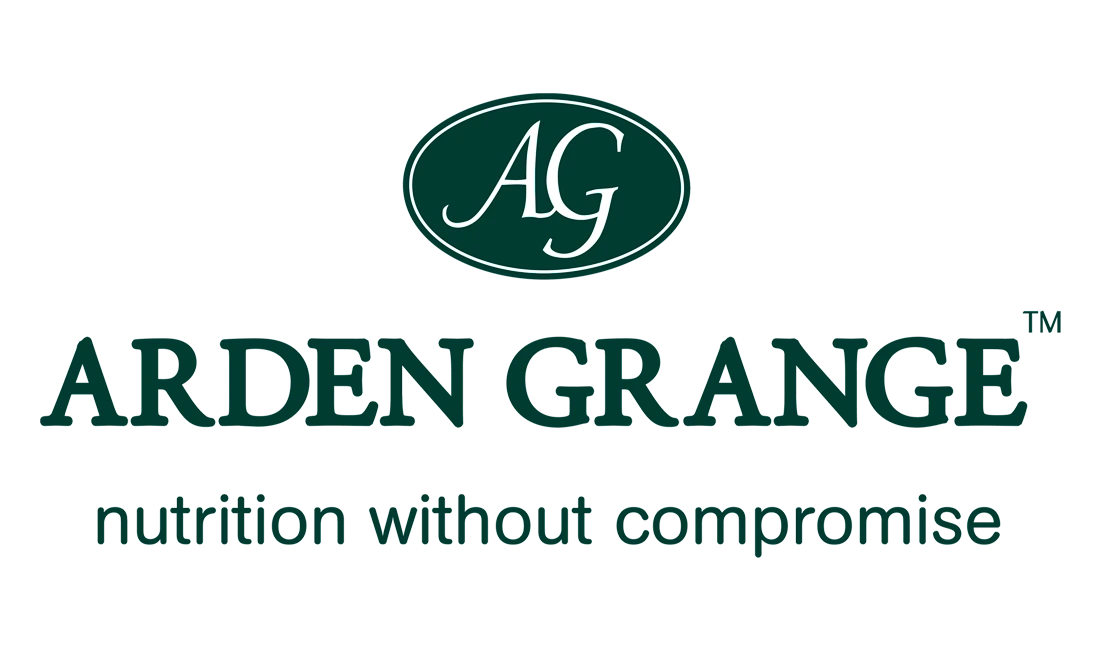5 ways to help your pet achieve long-term digestive health
In our previous articles ‘Why your cat or dog has diarrhoea’ and 'What to do if your pet has an upset tummy' we wrote about the importance of identifying possible causes of digestive issues. Owners can get caught in a cycle of trying many different diets to no avail because the root cause of the problem fails to be identified.
Many dogs and cats are easy to feed and have no issues with food, treats or anything else they eat outside the home! But some are susceptible to digestive issues caused by adverse food reactions (check out our full fact sheet for an in-depth look at ‘Adverse food reactions’ and how to spot them). So, if medical issues have been eliminated, there are several things you can do to help your pet achieve digestive health and comfort in the long term.
Excluding ingredients that are less nutritionally valuable or those with a higher likelihood of provoking an allergic response means less stress on the digestion to process them and less strain on the immune system, allowing the body to function at its optimum level. Wheat, beef and dairy products have accounted for more than 65% of reported cases of adverse food reactions in ten studies! Soya is another frequent offender. Changing to a gluten-free diet which includes no beef, soya or dairy products is often a very good starting point. We have found that quite a high incidence of adverse food reactions are related to treats, especially in dogs, so do make sure you are also very careful about what ‘extras’ your pet is allowed to eat.
Some sensitive pets can suffer adverse reactions to chemicals used to stabilise commercial food, improve the flavour, or enhance its appearance. Choose a diet which is preserved naturally (look for mixed tocopherols / Vitamin E and rosemary extract), and which excludes artificial colourings, flavourings, sugar or salt.
There are a number of these included in some prepared pet foods that may be particularly useful in helping to improve your pet’s digestive health. Prebiotics FOS and MOS, for example, act as a food source for the friendly gut bacteria. Nucleotides allow optimum levels of nutrients to be absorbed by the body and facilitate faster cell replication in response to an outside challenge such as allergens. A good source of omega-3 DHA and EPA is beneficial for dogs and cats with allergies. These fatty acids have anti-inflammatory properties and with long-term use may even improve allergy thresholds.
Splitting the daily feed portion into 3 or even 4 small meals per day can be beneficial as the digestive system is not overloaded. Soaking dry food with warm water for about ½ hour prior to serving to soften the kibble can ease the initial work-load of the digestive enzymes. If you decide to change your pet’s diet, please do so gradually to prevent digestive upsets. Check out our article ‘7 day plans for safely changing pet food brands’. Note: If a recovery diet is required, or the current diet is causing problems, a faster change may be indicated.
All the Arden Grange diets are naturally hypoallergenic and free from the most common dietary allergens. They contain all the high-quality natural supplements mentioned in this article. For particularly sensitive pets we now have a diet for every life stage. These new grain free diets contain highly digestible fresh ocean white fish and potato, making them an excellent option for dogs and cats with dietary allergies or intolerances to meats or cereals.
Our nutrition adviser Ness has over 15 year’s practical experience as a veterinary nurse, NVQ assessor and technical writer. With an in-depth knowledge of canine and feline nutrition, Ness and the Arden Grange team are always happy to provide guidance, should you have any queries you can’t find the answers to on our website. Click here for expert nutrition advice for your pet.


 Puppy
Puppy
 Adult
Adult
 Senior
Senior
 Sensitive
Sensitive
 Treats
Treats Kitten
Kitten
 Adult
Adult
 Senior
Senior
 Trusted British Brand
Trusted British Brand

